‘We need to lead with hope and spirit’: Activist shares her vision of social change
| Published: 02-28-2025 4:45 PM |
AMHERST — Varshini Prakash no longer believes that we can “stop” climate change as she did when she was an undergraduate student at the University of Massachusetts Amherst, when she was staging sit-ins and protests to pressure her school into divesting from fossil fuels.
Today, she said, the climate is changing and will continue to change — with manifestations of that change becoming more and more frequent. But what that means is that investing in community resilience and support, slowing the change, and mobilizing young people who care about their future — and the future of the planet — has never been more important.
Prakash, who graduated from UMass in 2015, delivered a talk on campus on Wednesday night as the school’s 2025 Ellsberg activist-in-residence, speaking to her experience leading the campus fossil fuel divestment movement while she was a student, as well as her experience co-founding Sunrise, an organization bringing together thousands of young people to fight climate change and build racial equity through a Green New Deal.
Throughout her lecture, she imparted to the dozens of listeners and handful of campus Sunrise members gathered in the Old Chapel the importance of youth involvement and the creation of a shared vision in shepherding a successful social movement.
“We need to organize around a shared vision, and we need to lead with hope and spirit,” said Prakash.
For Prakash, this has become a vital aspect of building successful momentum in climate activism over the years. When she first began her advocacy, she said it was easy to get caught up in “what we were solving, the bad,” when what truly mobilized the largest swaths of people was a shared vision of a future they could build together.
“We all want clean air, we all want clean water. We want soil that is not poisoning us as we grow our food,” she said. And imparting this vision of what the world could look like through climate activism is often, she has found, the missing link in getting new people involved in the movement for the long haul, rather than “fighting pipeline by pipeline.”
Creating this shared vision for a brand-new future is often where youth involvement so vital, because radical reimaginings of the world we live in are, in Prakash’s words, the “superpower” of young people.
Article continues after...
Yesterday's Most Read Articles
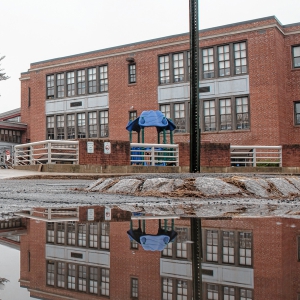 Northampton schools probe staff response to student’s unfulfilled IEP
Northampton schools probe staff response to student’s unfulfilled IEP
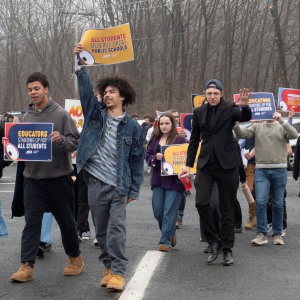 Nearly all of South Hadley High’s student body holds ‘walkout to walk-in’ rally to oppose cuts, call for funding reform
Nearly all of South Hadley High’s student body holds ‘walkout to walk-in’ rally to oppose cuts, call for funding reform
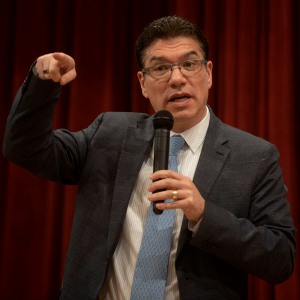 UMass Chancellor Reyes outlines changes amid financial uncertainty under Trump administration
UMass Chancellor Reyes outlines changes amid financial uncertainty under Trump administration
 Northampton Housing Authority boss placed on leave
Northampton Housing Authority boss placed on leave
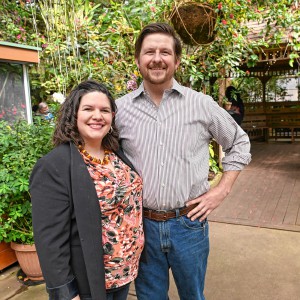 Hopeful buyers emerge for Magic Wings butterfly conservatory in South Deerfield
Hopeful buyers emerge for Magic Wings butterfly conservatory in South Deerfield
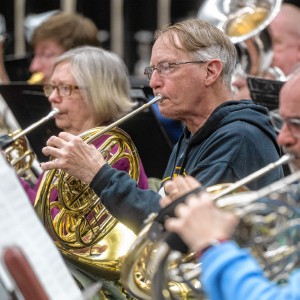 ‘For the love of music’: Florence Community Band set to hold first-ever multigenerational concert
‘For the love of music’: Florence Community Band set to hold first-ever multigenerational concert
“We are completely unattached to paradigms and the status quo needing to be what it is,” she said of herself and her fellow young people across the globe in current and historical social movements. Prakash said young people often play the role of articulating a problem and a vision that remind the rest of society to suspend decades of status quo thinking, which creates a “ripple effect,” even if those young people don’t have the institutional power necessary to make immediate change happen by themselves.
But successful movements are never insular, Prakash emphasized, and the strides made by the climate movement to date have been made possible by hundreds of organizations and individuals playing both an outside activist role and an “inside game” within the halls of politics.
“Successful movements require a movement ecosystem,” Prakash said.
In the current U.S. political climate, Prakash said that strong social coalitions, youth voices and shared visions will be all the more important in fighting back against the “corruption” and “repression” that threaten the future of the climate movement, as well as some of the progress made thus far.
“We have to have a movement that is broad, that is popular,” she said. “I think if people can join visible moments of action and really show social proof that we are not OK with the direction this country is headed, showing up and building with real people in visible place, and answering calls to action as we can, and mobilizing around hope, not just around fear, is really important as well.”
In the face of climate change and political uncertainty, hope and resilience are the two messages that Prakash repeated. In particular, when it comes to building the future of the climate movement, Prakash said that building resilience for communities facing natural disasters like storms, flooding and fires will be just as vital as taking steps to try to slow the changing climate.
Alexa Lewis can be reached at alewis@gazettenet.com.

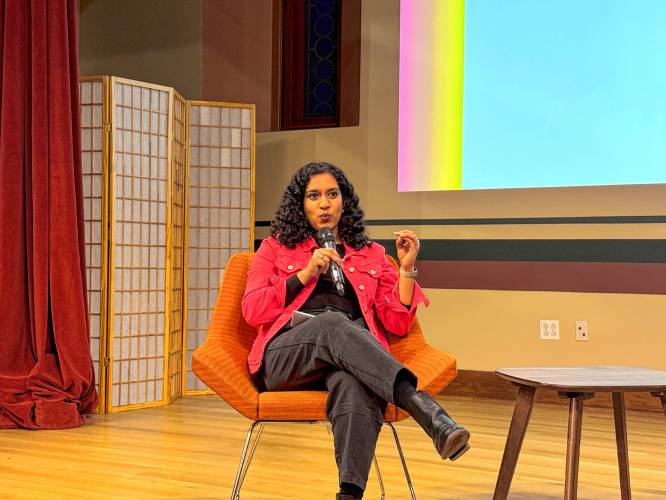
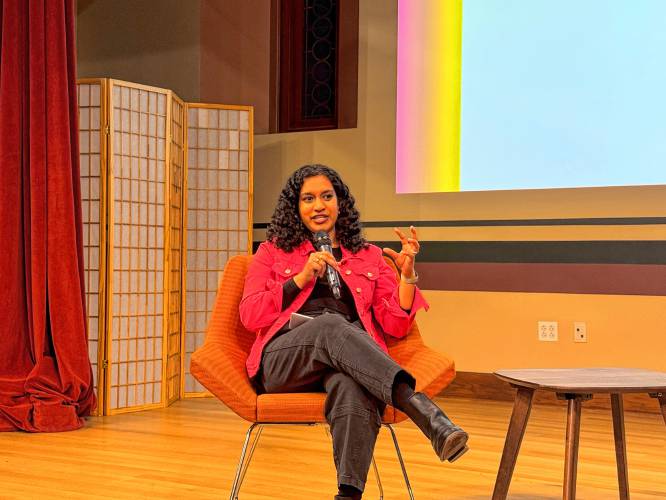





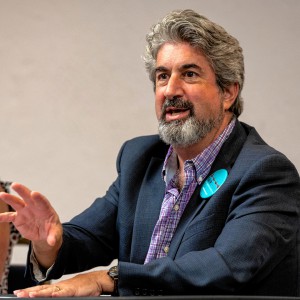 MTA president offers ways for legislators to address ‘unprecedented dangers’ to K-12 education in state
MTA president offers ways for legislators to address ‘unprecedented dangers’ to K-12 education in state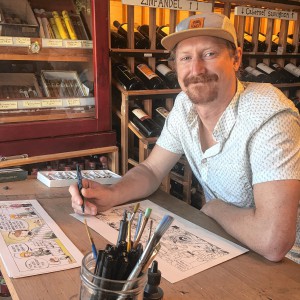 ‘Wallace the Brave’ tumbles onto Gazette comics page
‘Wallace the Brave’ tumbles onto Gazette comics page
